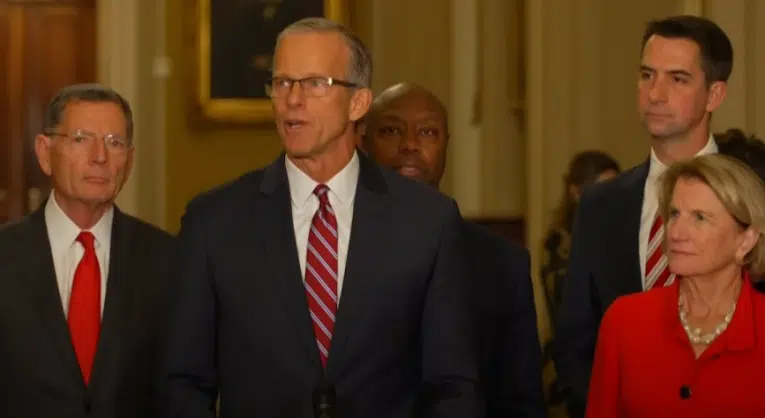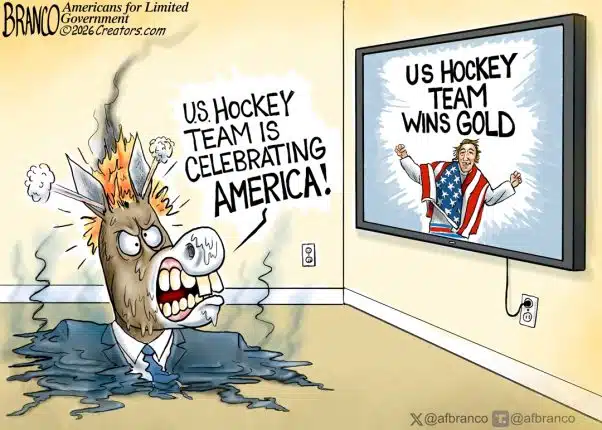By Kevin Mooney — Some state legislatures are taking a stand against abusive litigation practices that drive up costs for consumers and discourage business, according to a new report from the American Tort Reform Foundation (ATRF). Even as it identified “judicial hellholes” where judges apply the law against defendants in a manner that is considered unfair and unbalanced, ATRF called attention to “points of light” throughout the country where state lawmakers are taking a stand against runaway litigation practices.
“State legislatures enacted nearly 50 civil justice reforms in 2011,” the report says. “These included comprehensive tort reform packages in Wisconsin, Tennessee, Alabama, and North Carolina, and more targeted reforms in Arizona, Florida, Indiana, Kentucky, Missouri, North and South Dakota, Oregon, Pennsylvania, South Carolina, and Texas.”
Some of these reforms include new measures that guard against the use of “junk science” in court and limiting liability to landowners in cases where those who are injured were trespassing. ATRF also highlighted encouraging court rulings in jurisdictions that are typically weighted against civil defendants.
Even so, the nation has a long way to go before abusive litigation practices are brought to heal as the report makes clear. The following areas have been identified as the top “judicial hellholes” for 2011: the states of California and West Virginia, along with local jurisdictions, Philadelphia, Pennsylvania, South Florida, Madison and St. Claire Counties in Illinois, and New York City and Albany, New York.
Americans for Limited Government president Bill Wilson notes that, “job creation and investment in a state is often dictated by the litigation climate within that state. Simply put, those states which give the trial lawyers free rein to drum up nuisance law suits struggle to compete for business investment with those who have reasonable tort liability rules.”
Beyond the states and localities named as “judicial hellholes,” some other jurisdictions were named as being just on edge of falling off into the abyss.
Louisiana, for example, has been placed on the “hellhole watch list” as result of so-called “legacy lawsuits” that based on contamination allegations against well sites that are highly questionable in many cases.
“This is not the first time Louisiana has been called out on the national stage for its poor legal climate, and whether we like it or not, reputation matters,” Melissa Landry, executive director of Louisiana Lawsuit Abuse Watch (LLAW) said. “The perception of a state’s legal climate affects how companies do business, and where they decide to invest and create new, well-paying jobs.”
The legal climate also affects each state’s competitive posture, the report notes. Although Louisiana has enormous economic potential, it is at a competitive disadvantage against neighboring states of Mississippi and Texas, which less are burdened by the threats of specious, business killing litigation.
Kevin Mooney is a contributing editor to Americans for Limited Government.






